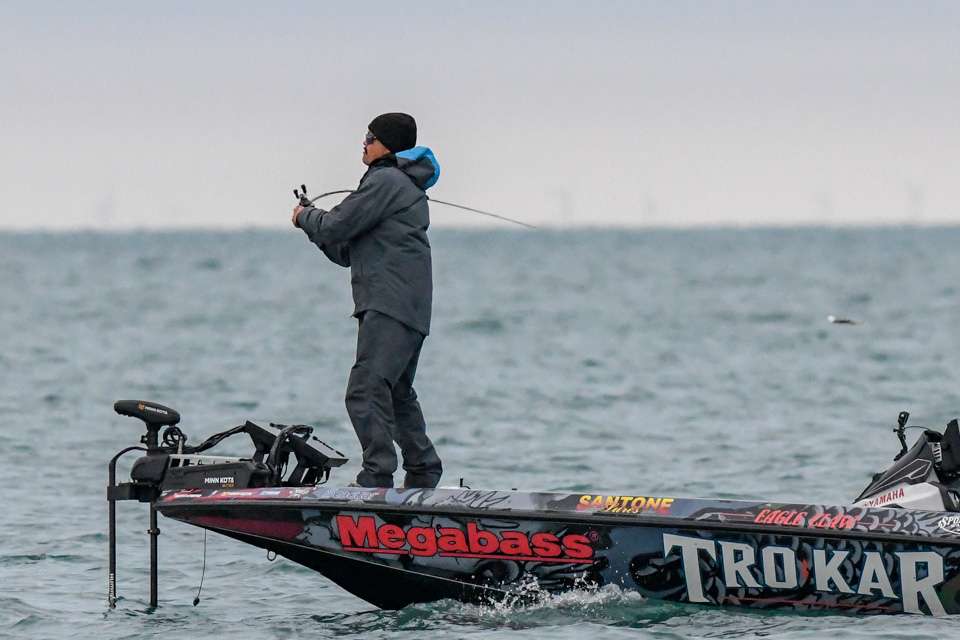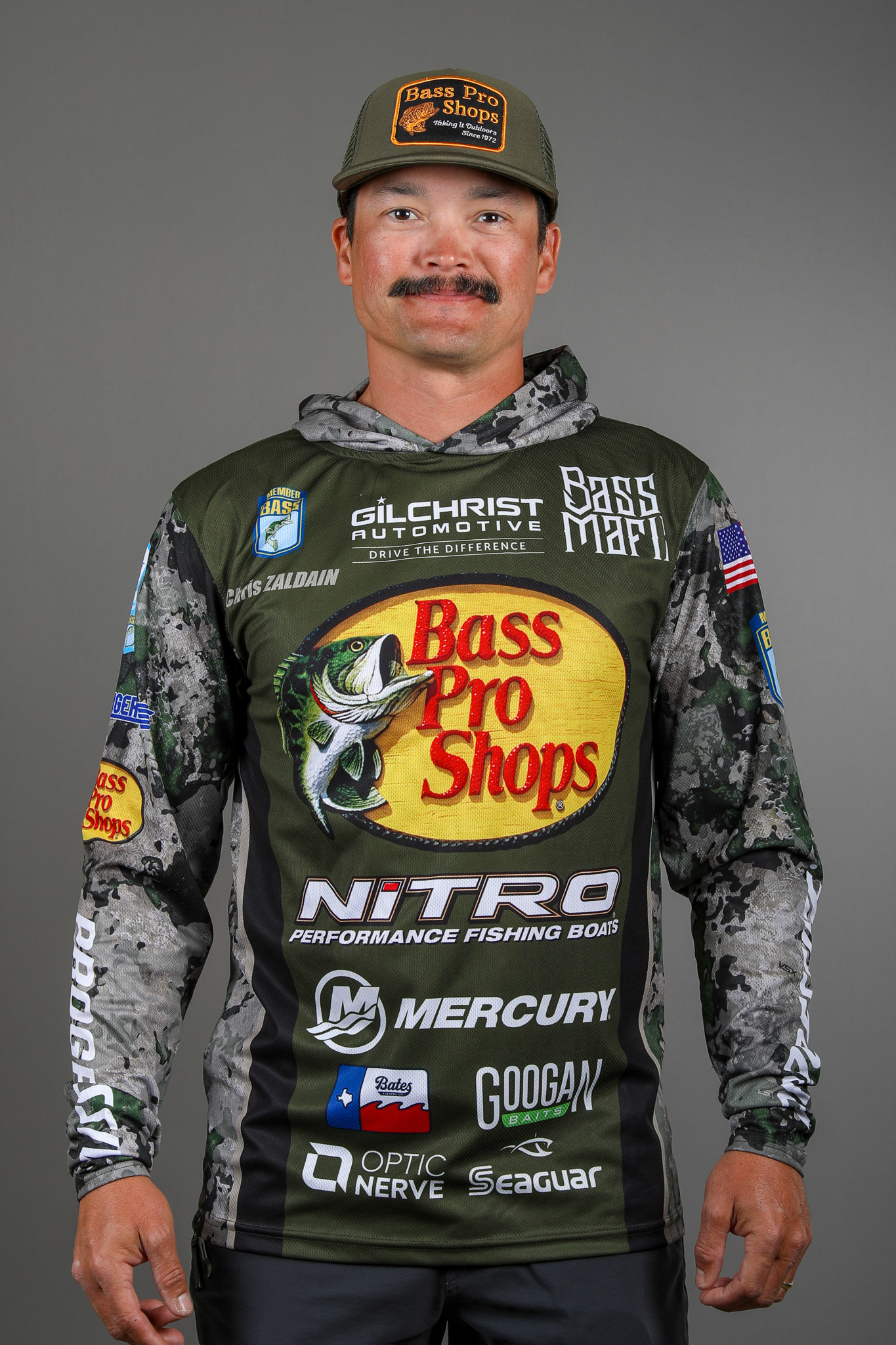
Once your tackle is all squared away your next order of business is to find the fish. That’s not as difficult as you might think as long as you go about it in a systematic manner, one that makes sense to you and that fits the way you fish.
What I mean is that finding fish is really a matter of elimination. You fish water until you find them. It doesn’t matter if you start shallow and work your way deep, or if you start deep and work your way shallow.
The same thing is true if you start fishing main lake points and work your way back into the pockets or if you start your search in the pockets. Rock, wood, grass, docks, channels, drops, ledges all require the same approach. Fish systematically and eliminate water along the way.
The important thing to keep in mind is that not finding fish shouldn’t be considered a bad thing. I will admit that it’s frustrating, though. Eliminating water simply means that you’re narrowing your search area. If you narrow it enough, you will eventually find them.
What you don’t want to do is fish a couple of main lake points or anything else without a bite and then fish a half-dozen more places just like them. If they aren’t on two places that you check out that are similar, then you should fish something else that’s totally different. Don’t fish the same type of cover or structure hour after hour. If they aren’t there, they aren’t there.
Obviously, the season and the weather will have something to do with where you start and how you fish. But, that doesn’t mean that you should ever get locked into your thinking. Bass are cold-blooded, prehistoric creatures. They don’t think, and they don’t reason. They react. We don’t know what makes them tick. At best we know what they do under certain conditions, and even that’s problematic.
One thing I’m not saying, however, is that you shouldn’t go back once or twice during the day to recheck a place. You should, but only if you have a good reason to think they might have moved into it. And even then make it quick.
Change your lures around, too. Maybe it is a little cold, but if they aren’t biting a jig, a plastic or a crankbait there’s no harm in making a few casts with a topwater bait. I’ve spent thousands of days on the water. Fish do crazy and unexpected things.
The things I’ve talked about in this column are the kinds of things I do when I’m prefishing. There’s no magic formula, and there’s no set outline that I follow. I start by making educated guesses about where they might be based on the fishery, the season and the weather. Then I make adjustments and keep moving around if I’m not getting the results I want.
If you aren’t catching them, don’t fish the same type of places with the same lures all day thinking things are going to change. Keep moving. Fishing hard is fine. Fishing smart is a lot better.





